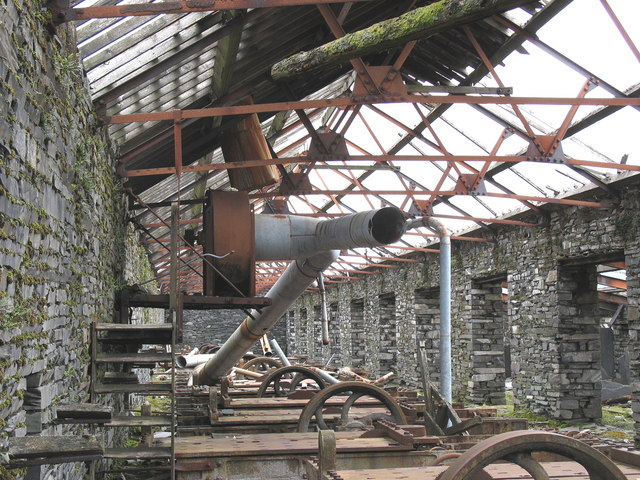There are many tradespeople who are exposed to dust; for example, anyone working in the construction or demolition industry is likely to come into contact with a variety of dust types in their day-to-day jobs. Many people do not realise just how dangerous this exposure can be to their health and that there are several types of dust that need to be handled differently.
The dangers of dust
Whatever the type of dust, such as wood, cement or brick, the hazards to your health from inhaling them can range from mild irritation to serious lung disease and even death; in fact, it is reported that there are around 8,000 deaths a year from cancers that are directly caused by inhaling dust as part of the patient’s occupation.
Due to the associated risks, the use of dust extraction systems is highly recommended. If you are concerned about the dangers or would like more information, the Health & Safety Executive provides guidance about working with dust.
It is clear that it can be dangerous working with dust and that some form of extraction should be used to minimise the risks, but what are the different classes of dust extraction?
Three classes of dust extraction
Dust extraction is split into three categories based on the percentage of particles per cubic metre. The three classes are L, M and H.
The type of material you are working with will generally determine the type of extraction required, with L classed as an entry-level product and H used for more dangerous dusts such as asbestos or those containing moulds or bacteria.
Whichever type of extraction you are using, it is important to ensure the equipment is well maintained and that filters are changed regularly. If you need a replacement cartridge filter or panel filter, specialists such as https://www.dustspares.co.uk/filters/ stock a wide range. Some extraction systems include alarms that alert the user to problems such as blocked pipes or when the dust bag or filters need changing.
If you are considering purchasing a dust extraction system for your business, you should think carefully about the class you will need. Fines can be hefty if you are found to be using the wrong type. Other factors to consider include size, portability, and perhaps the tools that come with it.






